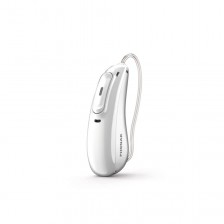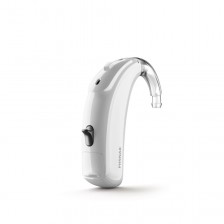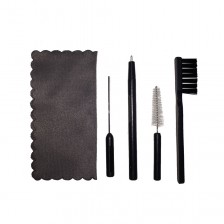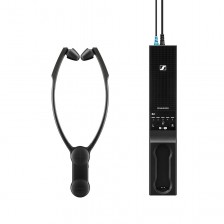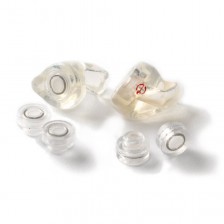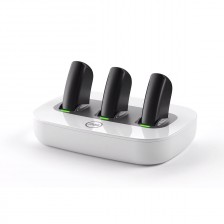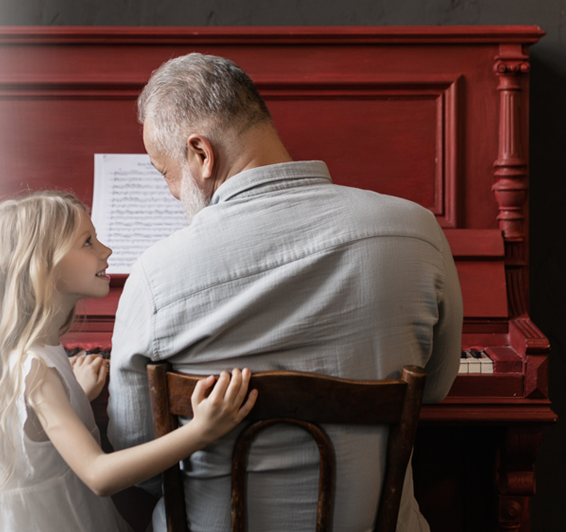If someone close to you does not hear well, listen!


At first, hearing loss is not only difficult for the sufferer. The people around the person with loss also have to get accustomed to this new reality and for no one is easy to know how to act in each situation. That is why today we want to talk to you, to those who have relatives or friends with a hearing problem, to give you four recommendations on how you can help in the early stages of hearing loss.
The first thing you should know is that the most common reaction when someone starts to lose hearing is to deny the evidence. To help your family member or friend to deal with these problems of acceptance, it is best to be sincere and help him to realize the reality he is not being able to see: explain that he is more irritable than usual, that he is isolating himself, he no longer plans to go to the theater or dinner; Remind him as many times as necessary that there are many solutions for hearing problems and that, to prove it, nothing is lost - not even money -, because the first 30 days trial period are free. Insists that there is nothing to be ashamed of and that, if he visits an audiologist, he can recover normalcy sooner than he thinks.
And when the person have accepted that he need to wear hearing aids, comes the second phase, in which your support is also very important. When a person starts to wear hearing aids he hears everything different from what he used to do - like the voices, which could be hard to recognize - and he needs a time of adaptation to get used to the new sound environment. So, we want to give you some concrete advice so that you can be helpful in this process of adaptation:
- Speak always from the front or by the side he hear the best - if you are on hisback, touch his shoulder and do not start talking until he is looking at you, always clear and quiet. That way he'll understand you better and you'll gain confidence.
- Gesticulate to explain yourself better.
- Give keys and clues to warn you that you will change the subject.
- Do not shout, unless he ask otherwise.
- If he do not understand, construct the sentence in simpler words and even write them, if necessary.
- Do not talk while eating chewing gum or smoking: remember that people with hearing loss rely on lip reading.
- When you have lunch at home, keep the seat he hear the best, away from windows or other sounds that can make hearing difficult.
- Be patient, positive and cheerful, and avoid confrontation. If, for example, heset the TV volume too high, explain it and look for a volume in which you both feel comfortable, but do not laugh at how loud the volume is or do not scold it for too much.
- If you go out to dinner, avoid the noisy places.
So, we recommend that from the beginning you make yourself heard. First, to convince your friend or relative that he don't hear well. And then, striving to understand you during the adaptation period. Thus, you will be able to help him to recover normalcy.
